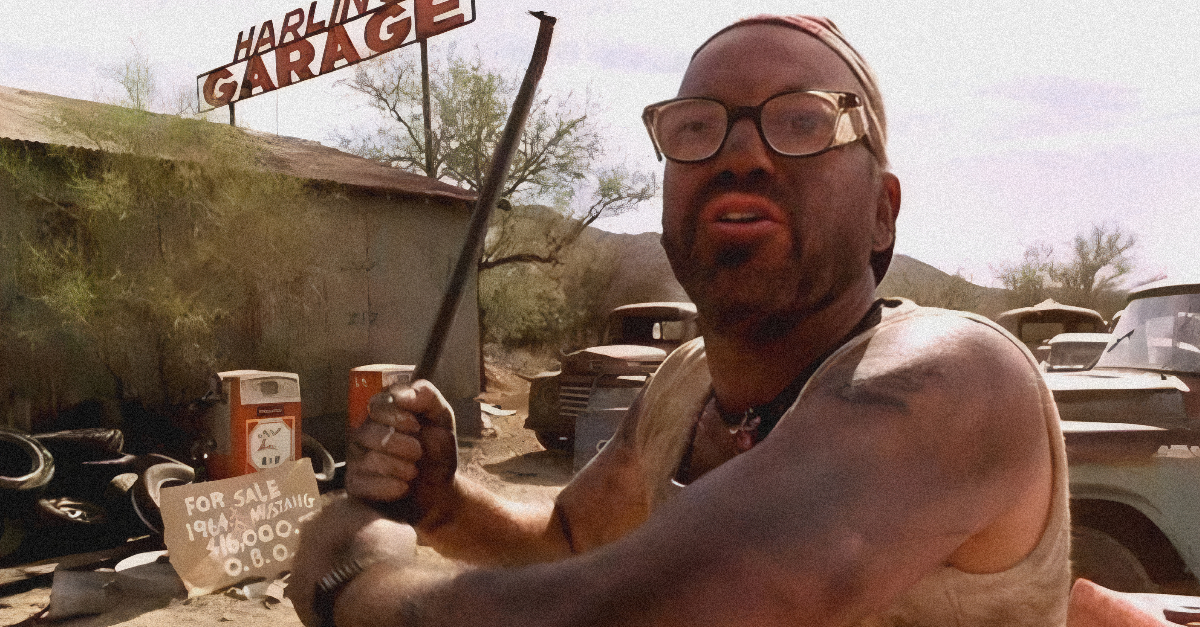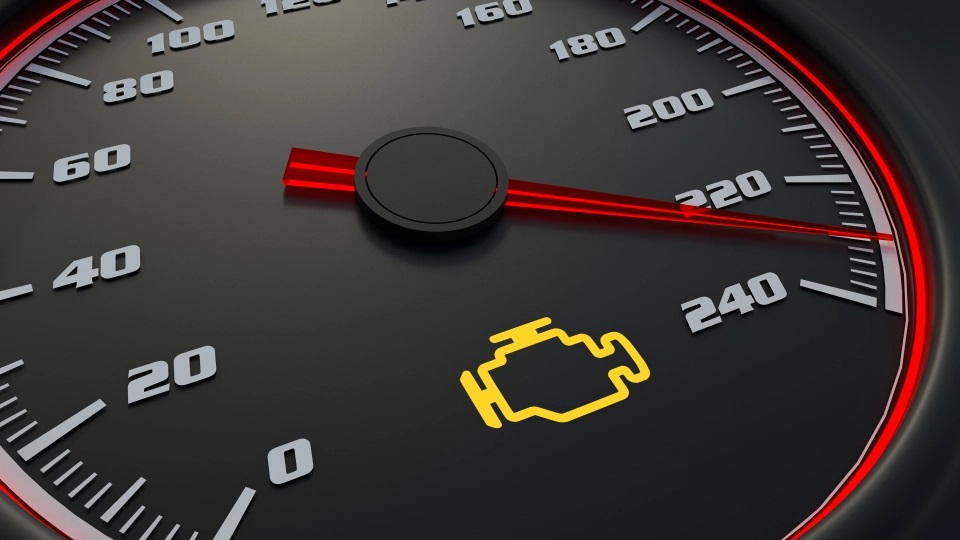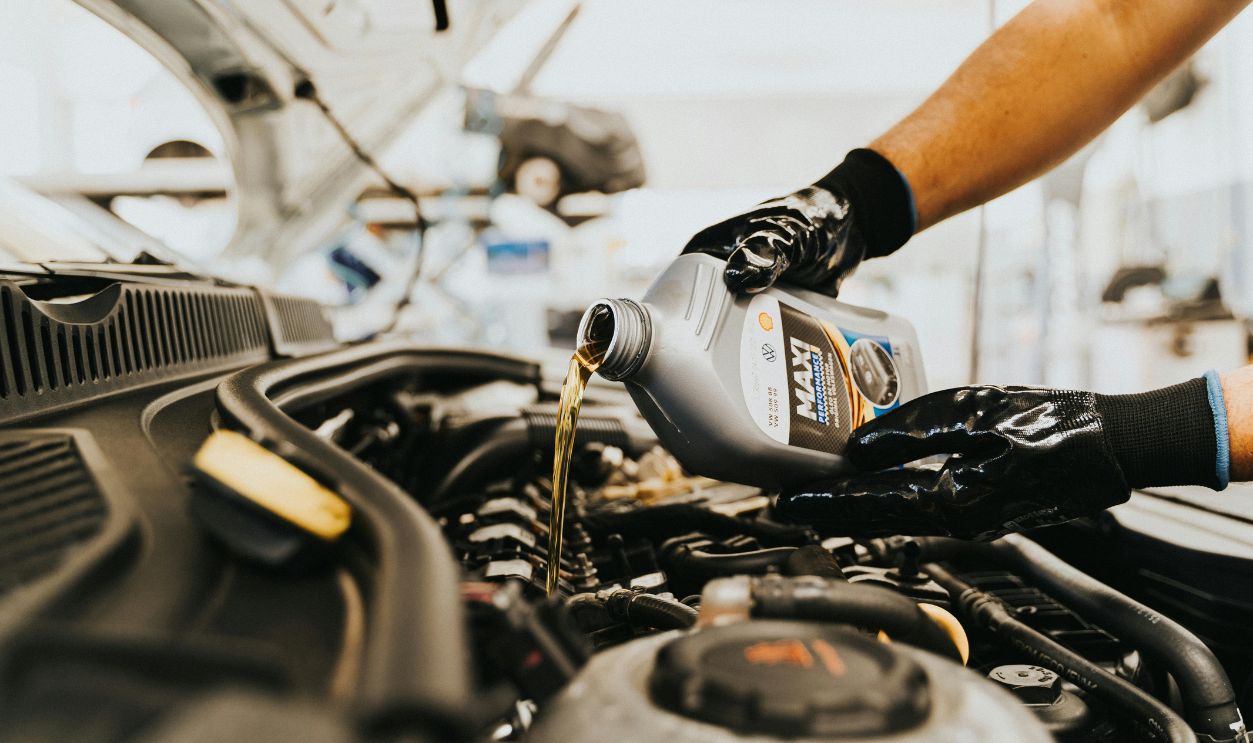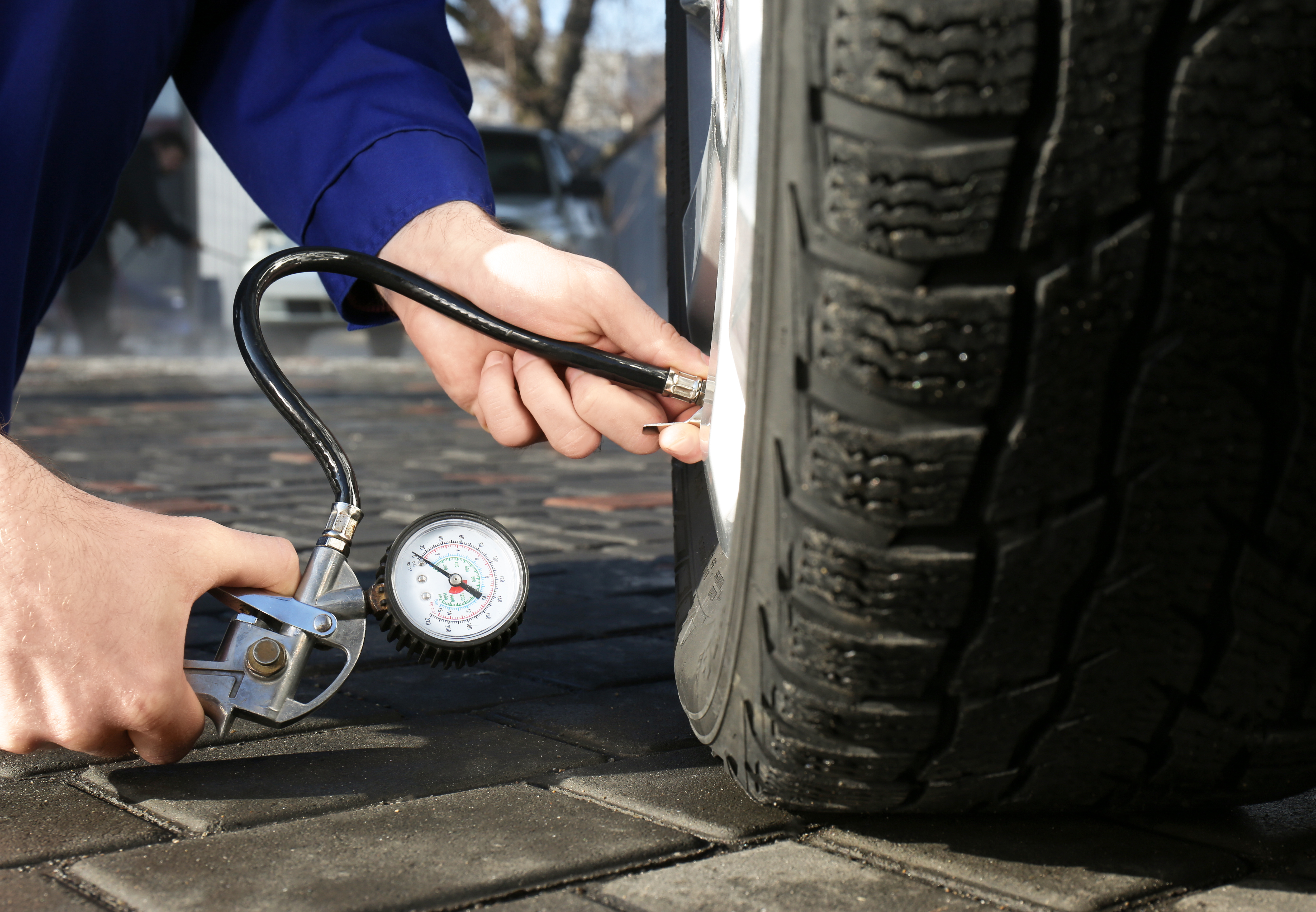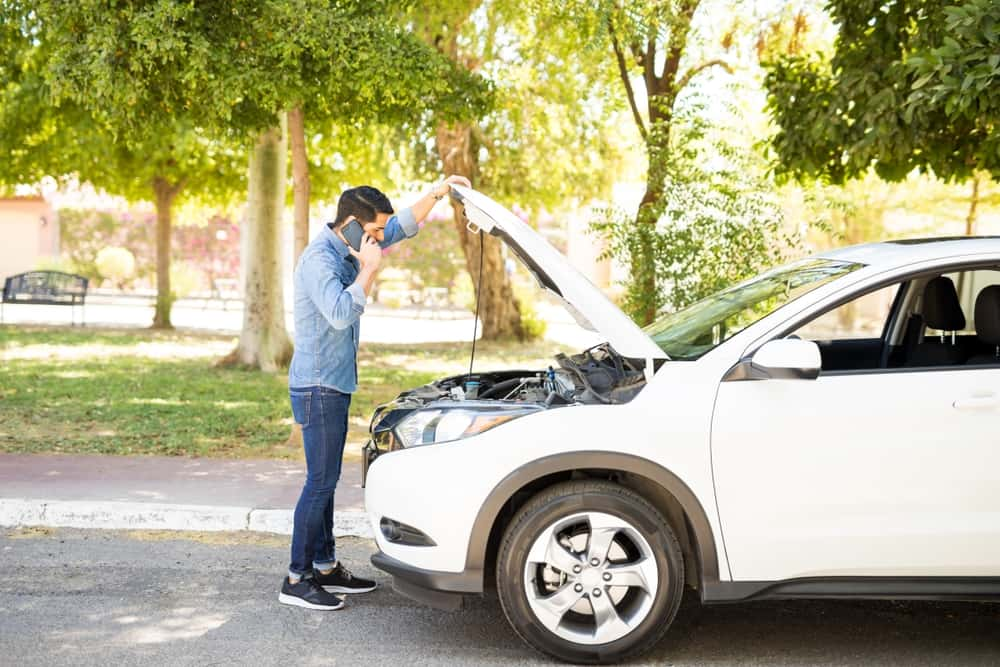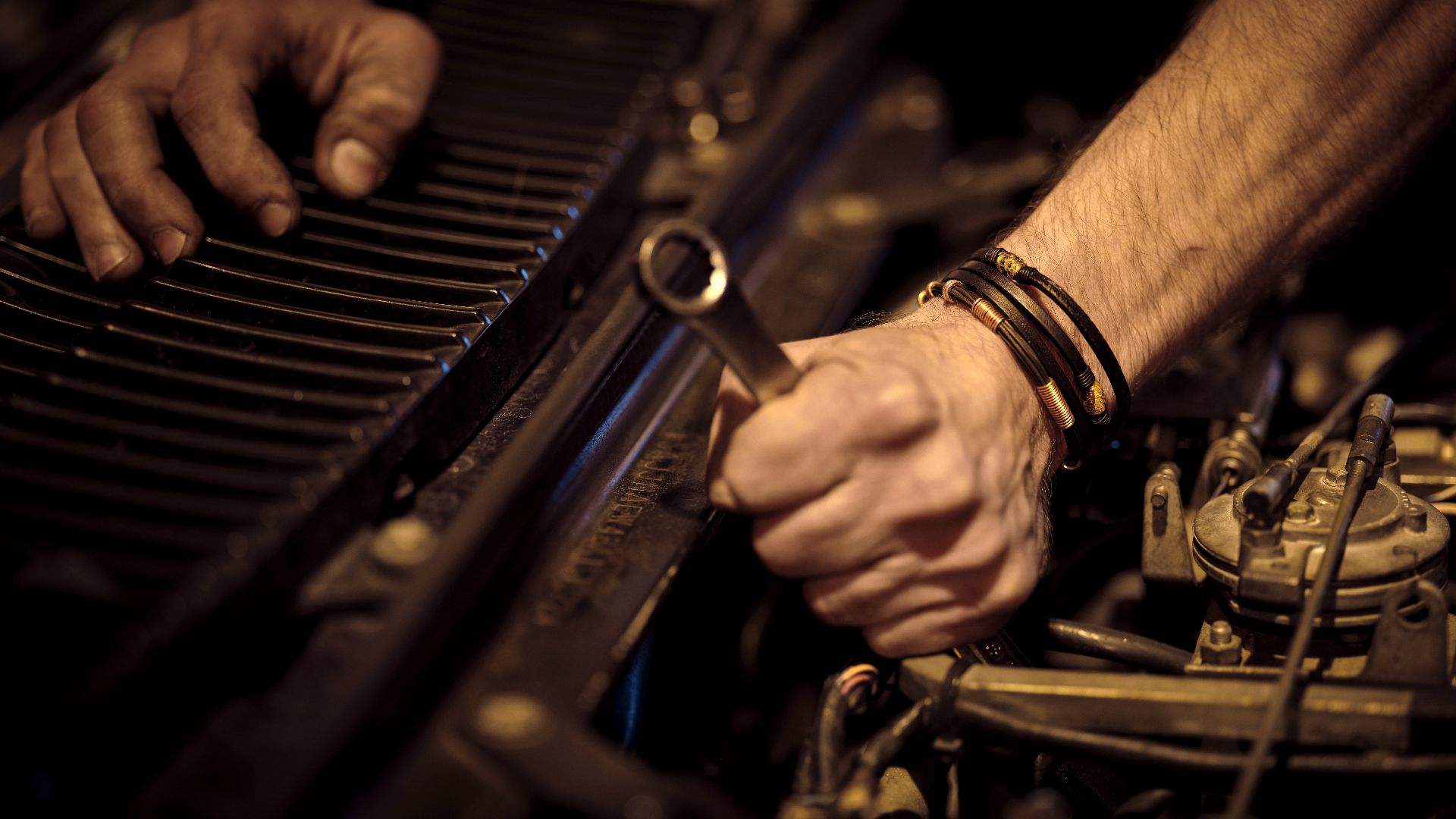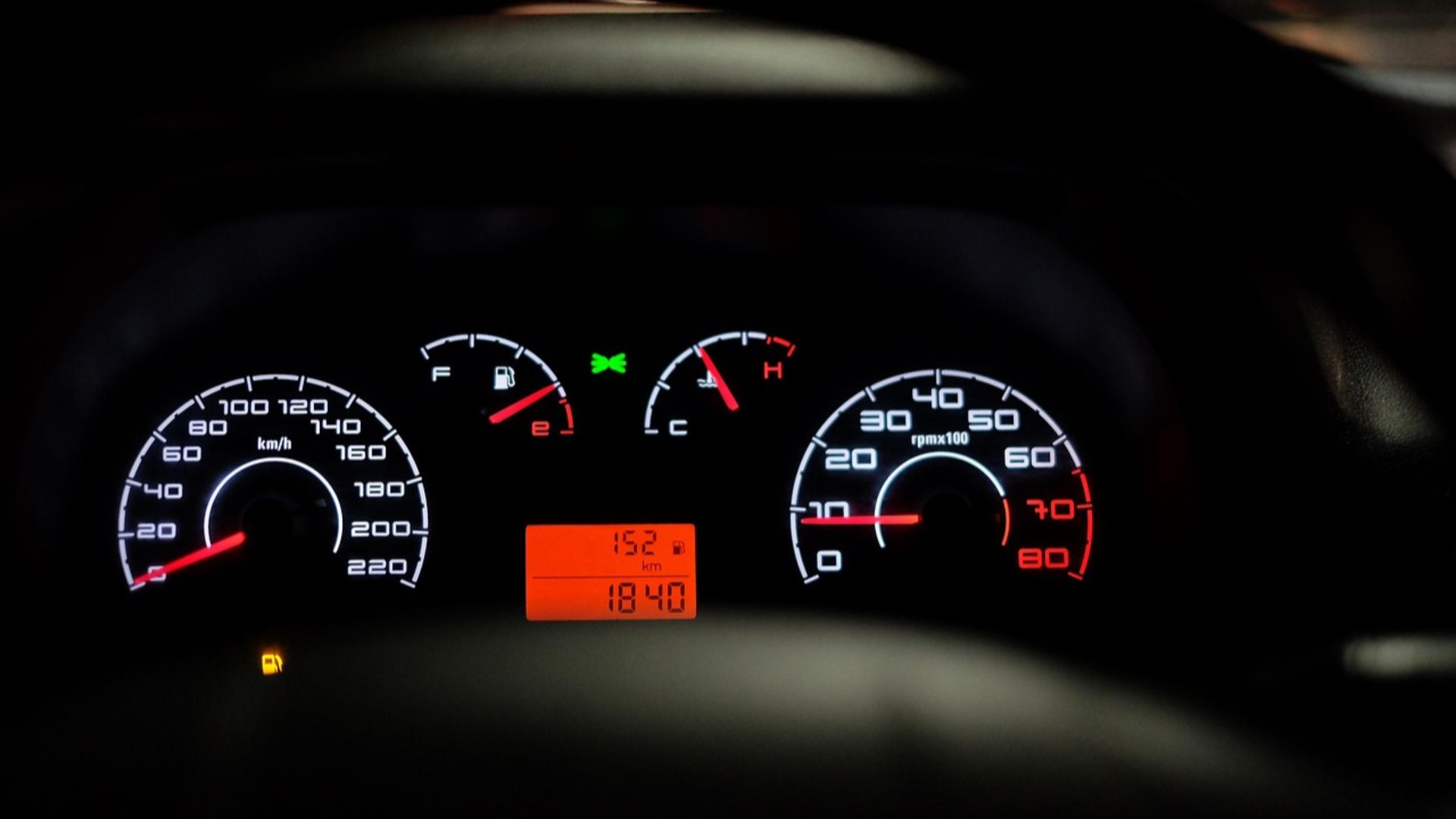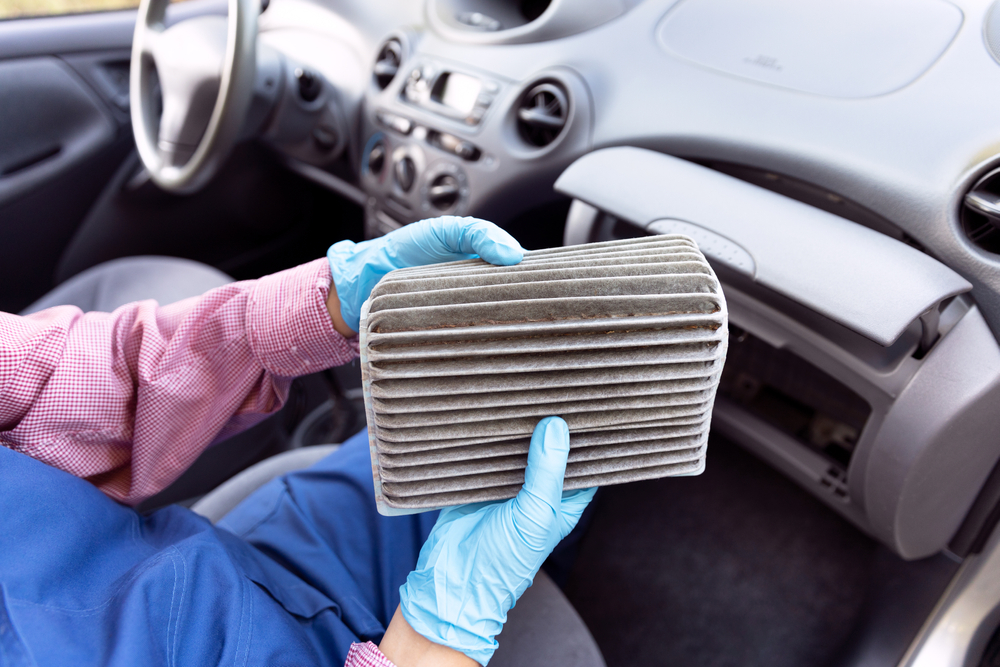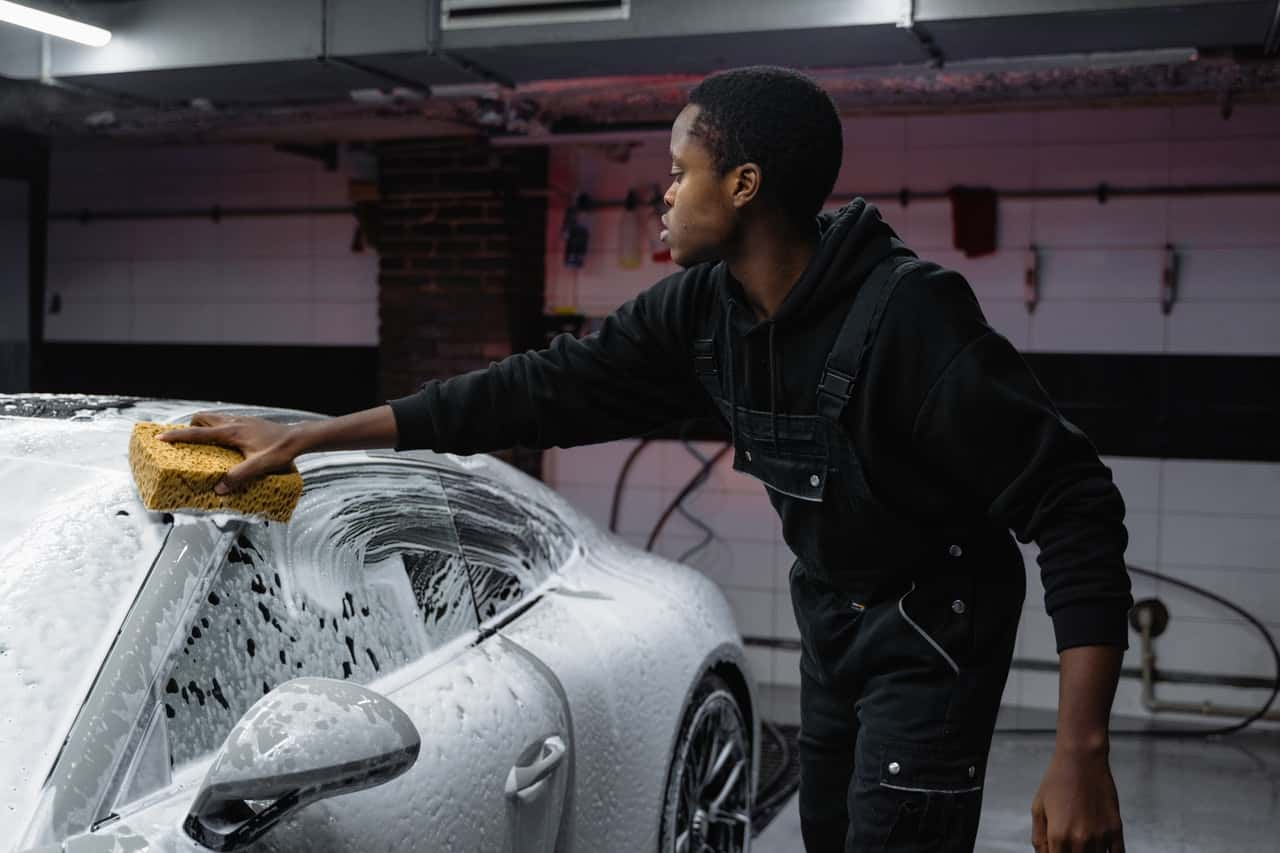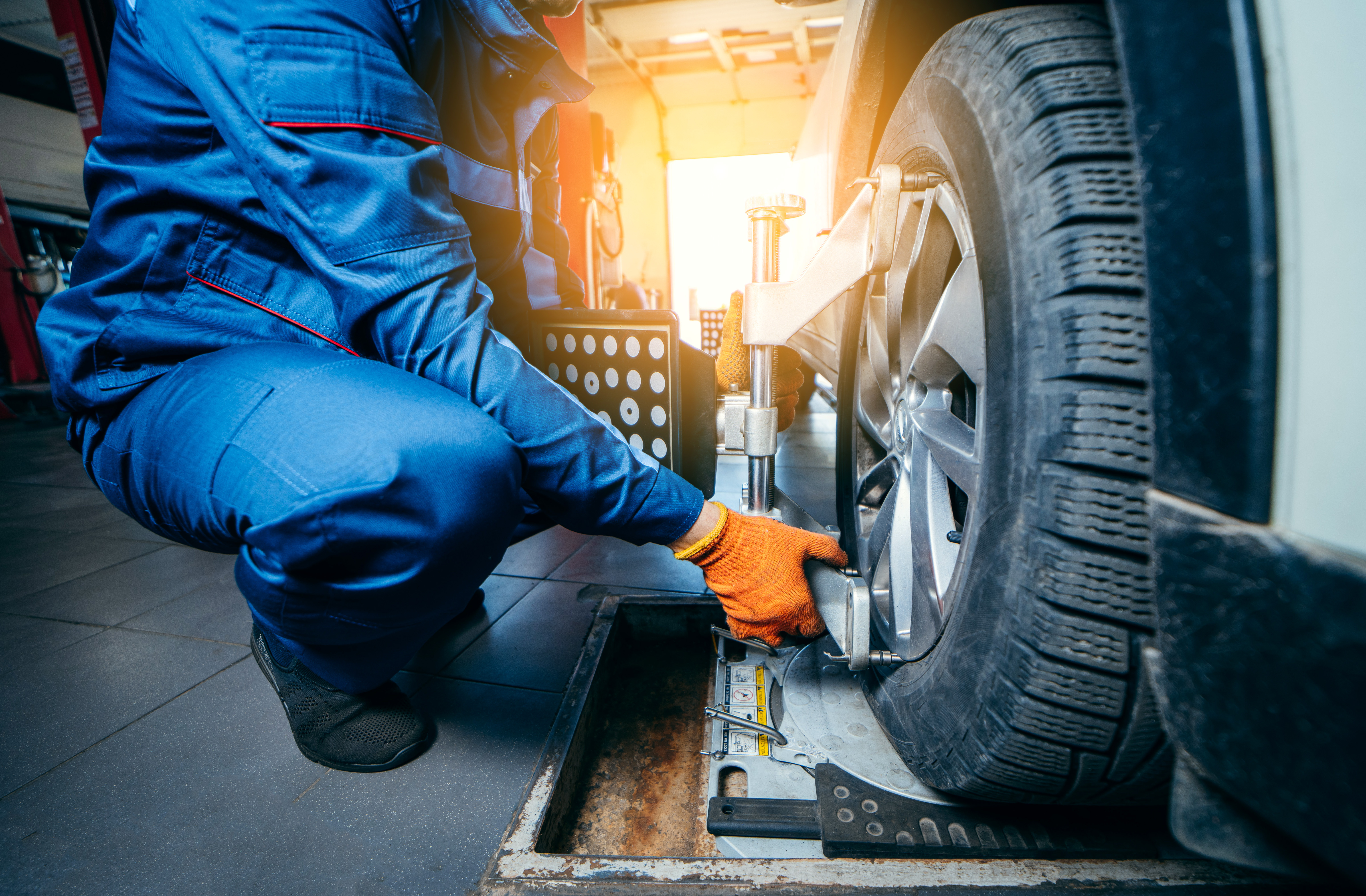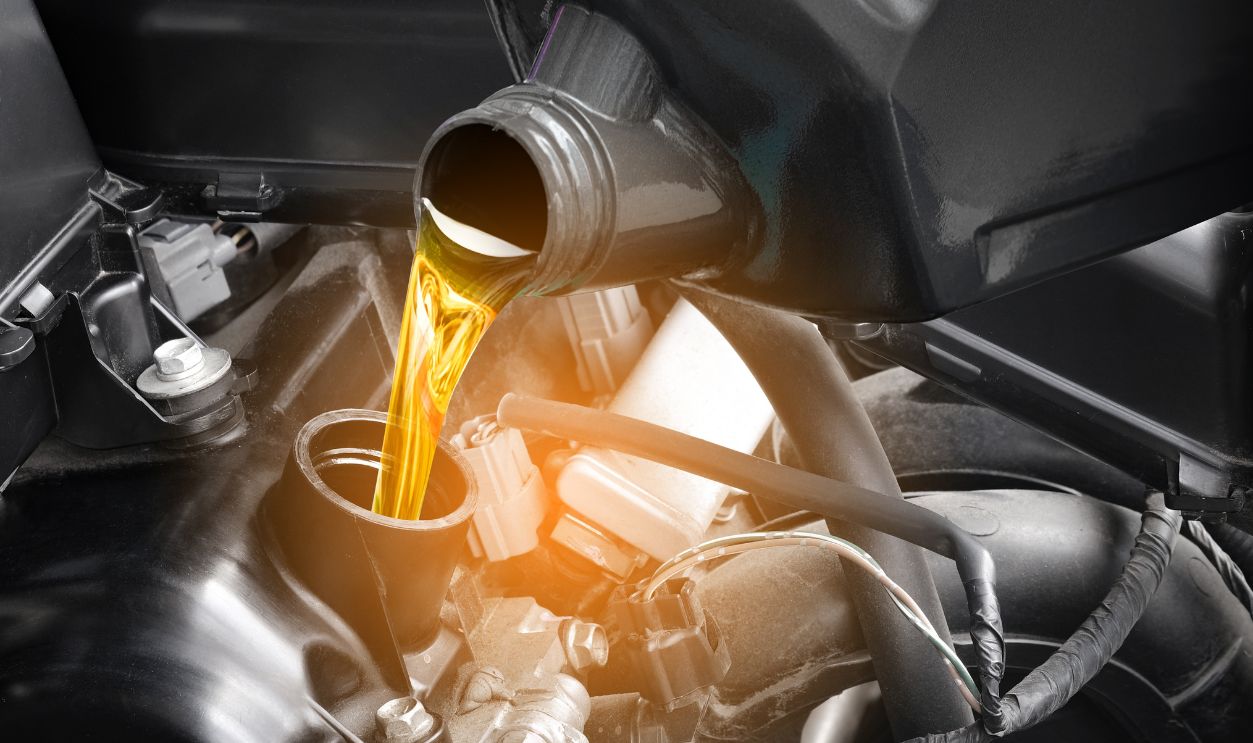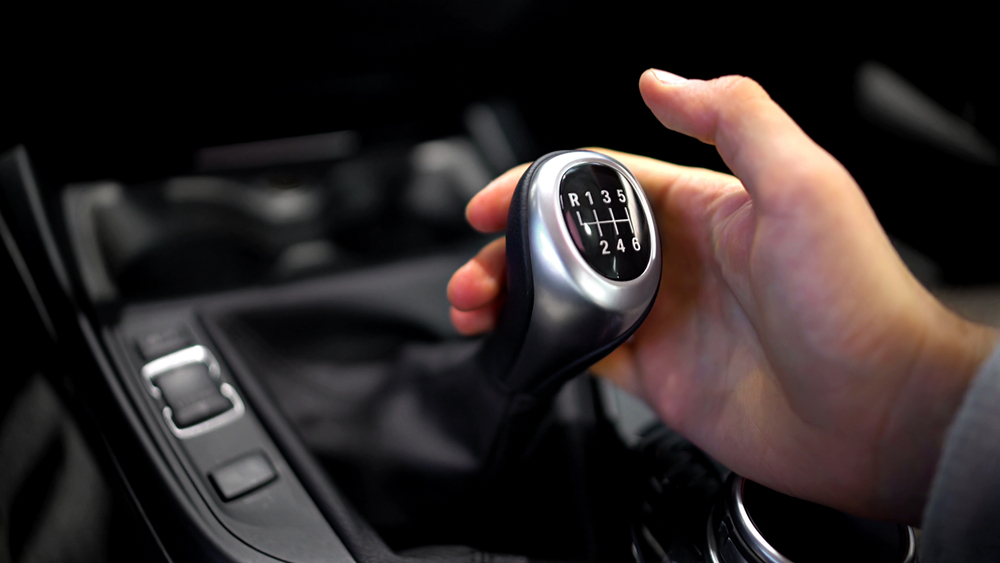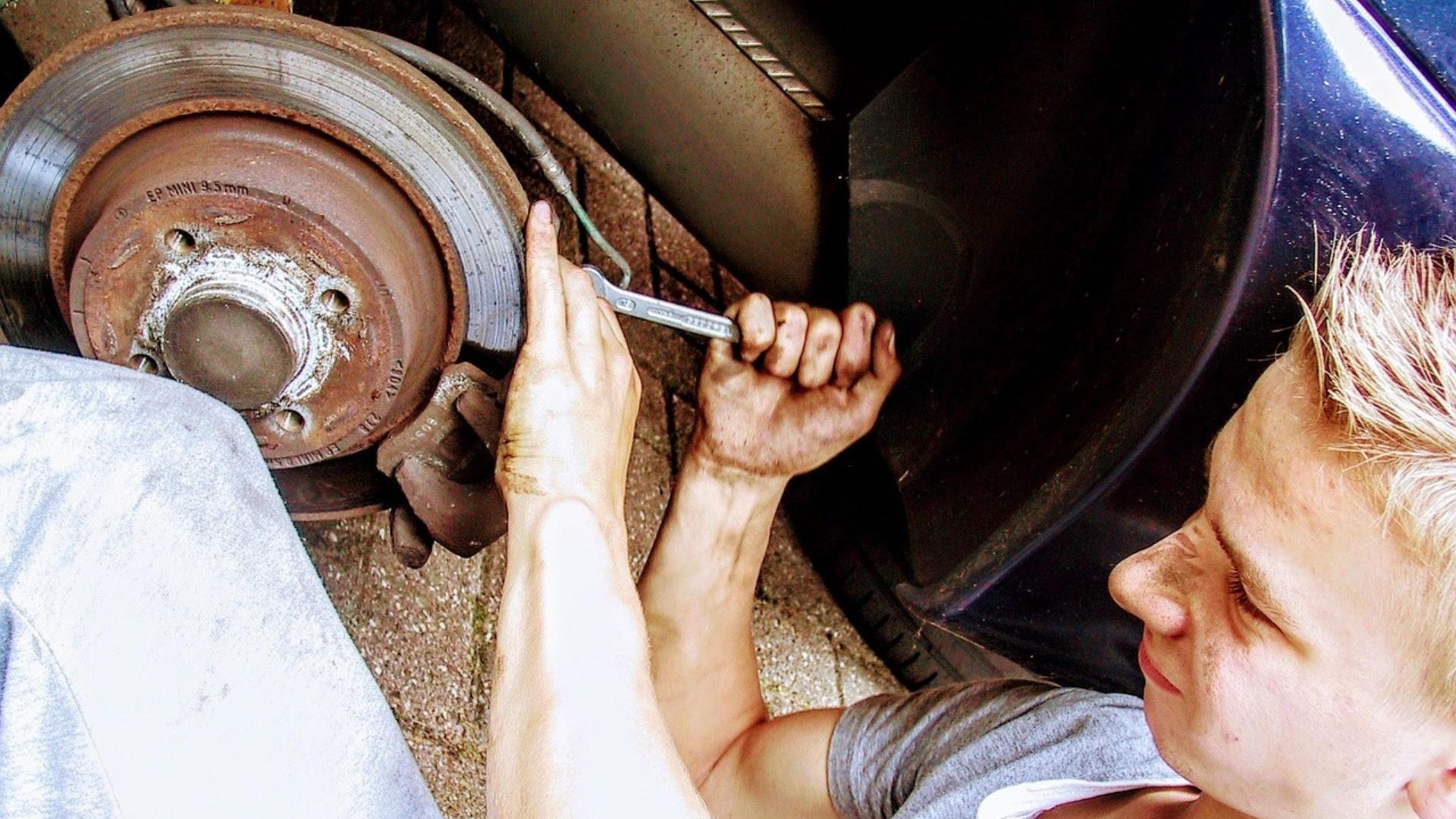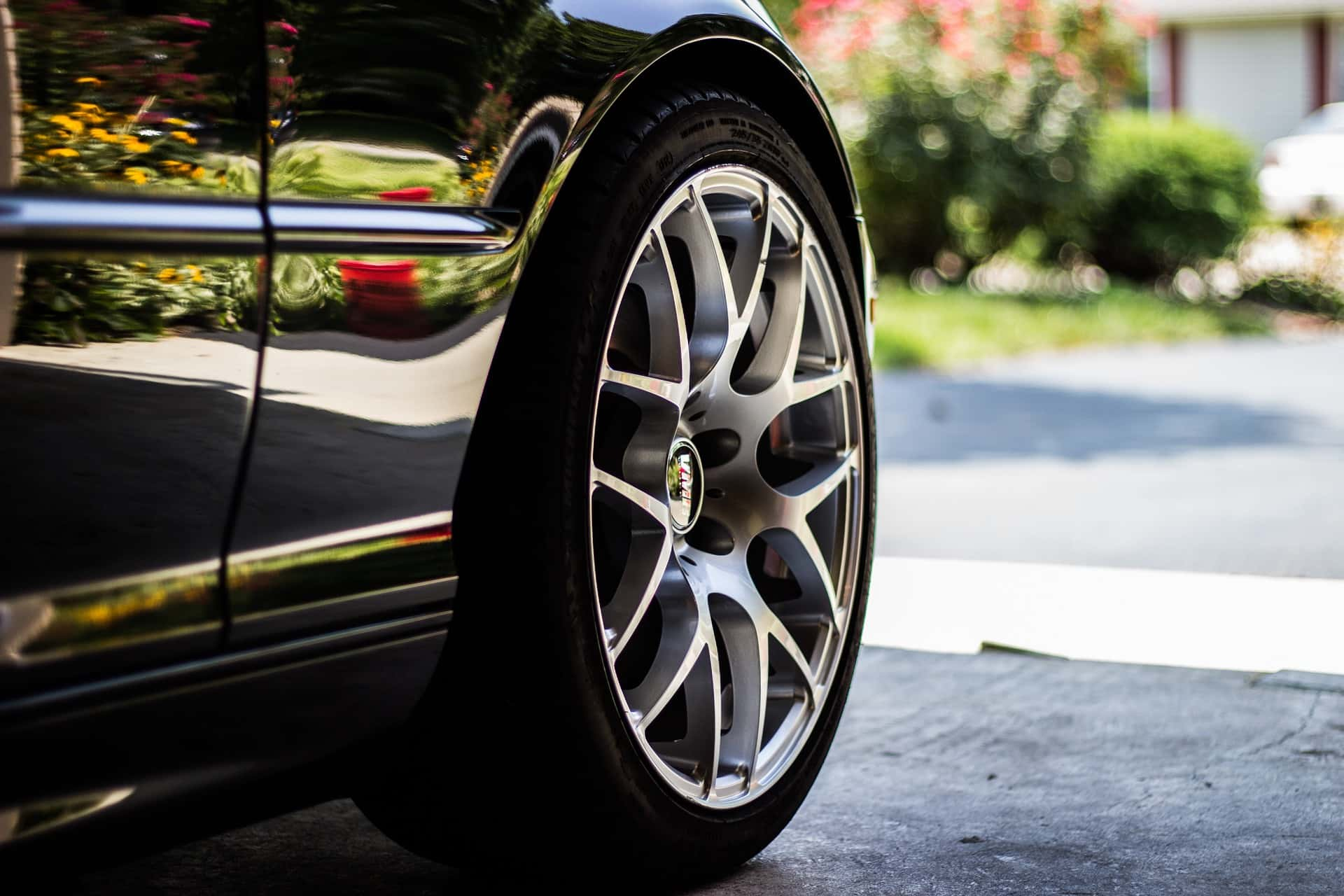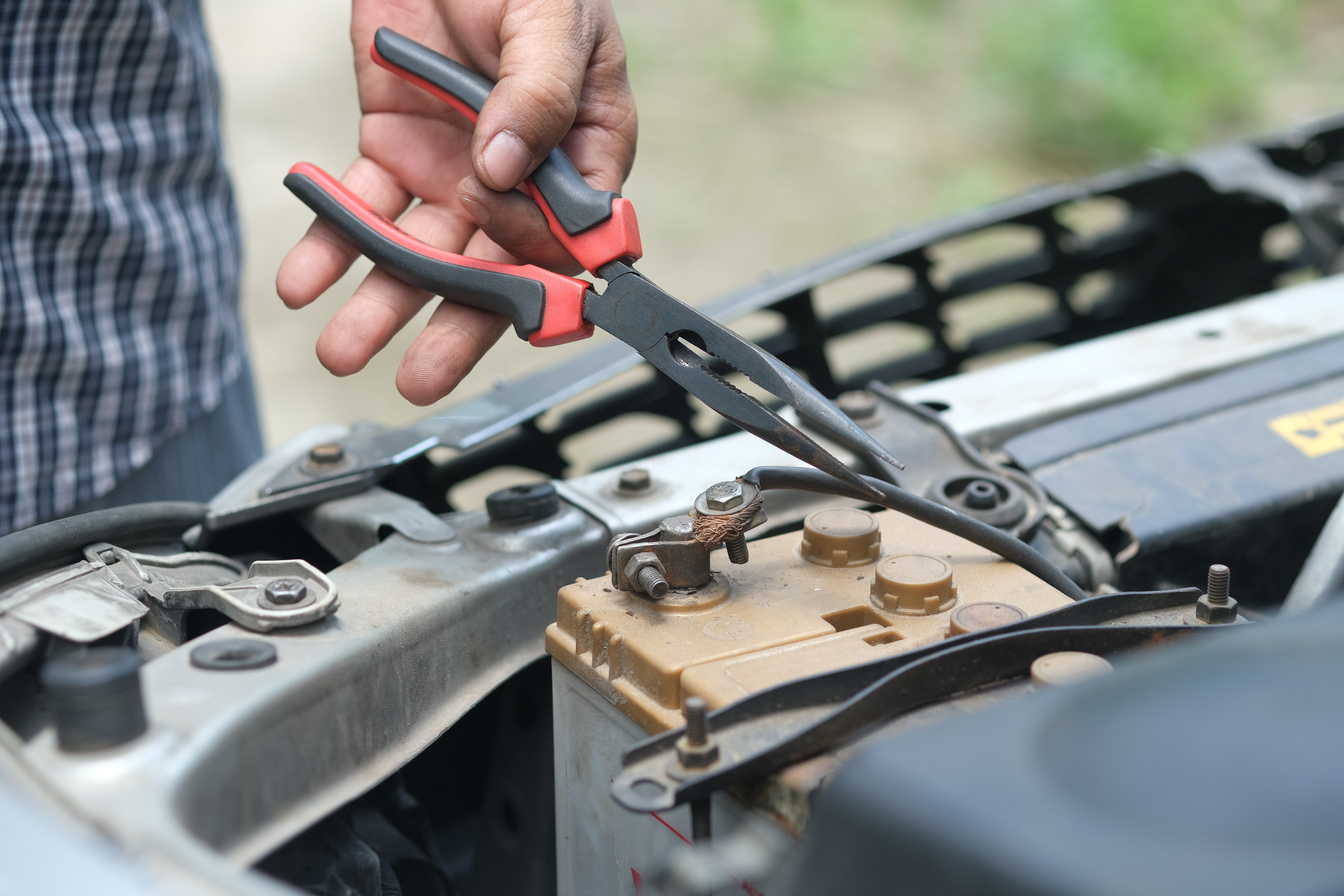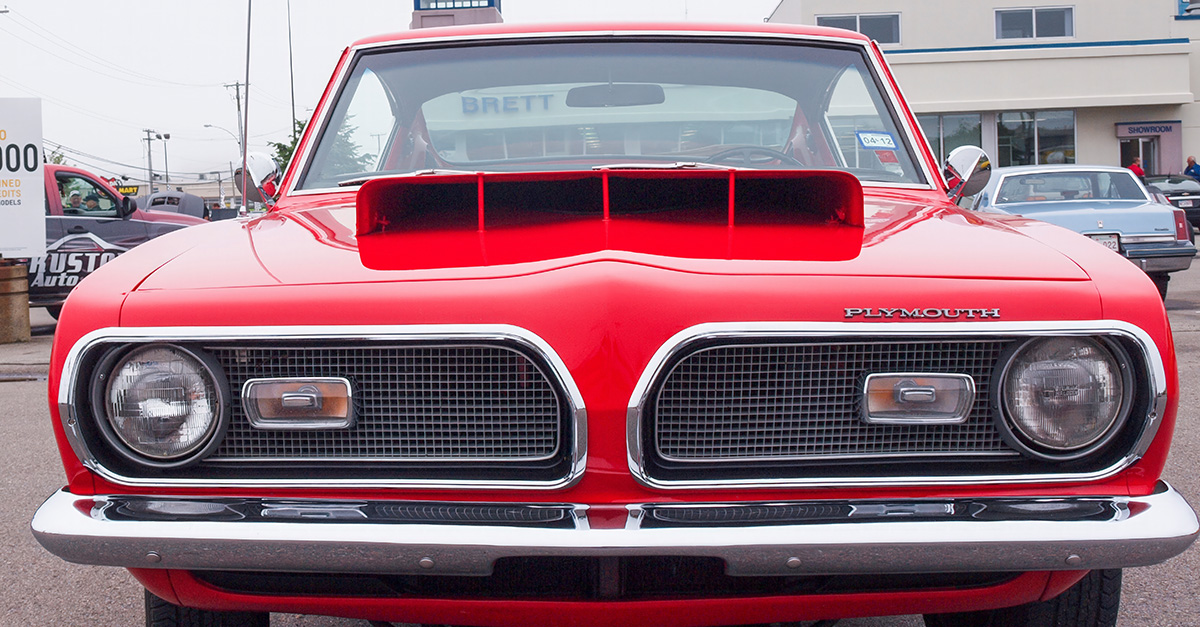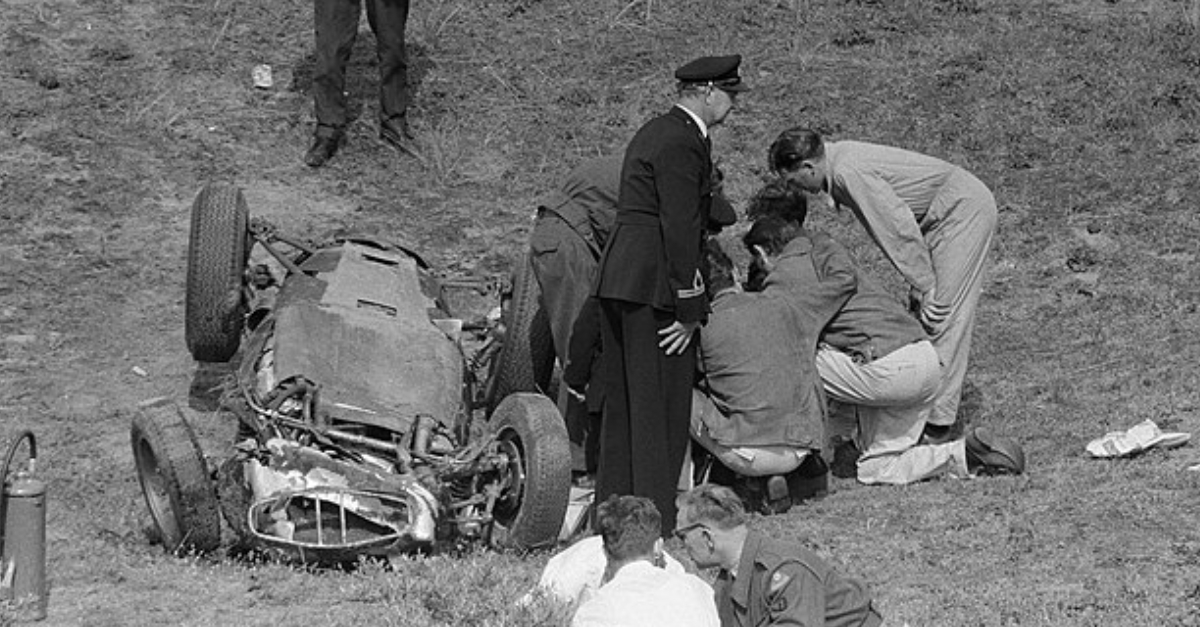Stop In The Name Of Cars!
Every mechanic has that one thing (or two, or three) that makes them want to scream when they see it—drivers treating their cars in ways that guarantee expensive repairs later. From bad habits behind the wheel to neglect in the garage, here are the top things mechanics wish you’d stop doing right now. Your wallet—and your car—will thank you.
Ignoring The Check Engine Light
That little orange glow isn’t a suggestion—it’s your car begging for help. Ignoring it doesn’t make the problem go away. In fact, it usually means a minor fix will turn into a major repair bill. Mechanics say it’s one of the worst habits drivers have.
Skipping Oil Changes
Oil is your car’s lifeblood. Without fresh oil, your engine parts grind against each other until something snaps—literally. Skipping oil changes may save money today, but it almost guarantees an engine rebuild down the road. Mechanics cringe when they see sludge-filled engines.
Riding The Brakes
Constantly tapping or resting your foot on the brake wears them out quickly and overheats the system. Mechanics see warped rotors and worn pads all the time from this habit. Save your brakes—use them when you actually need them.
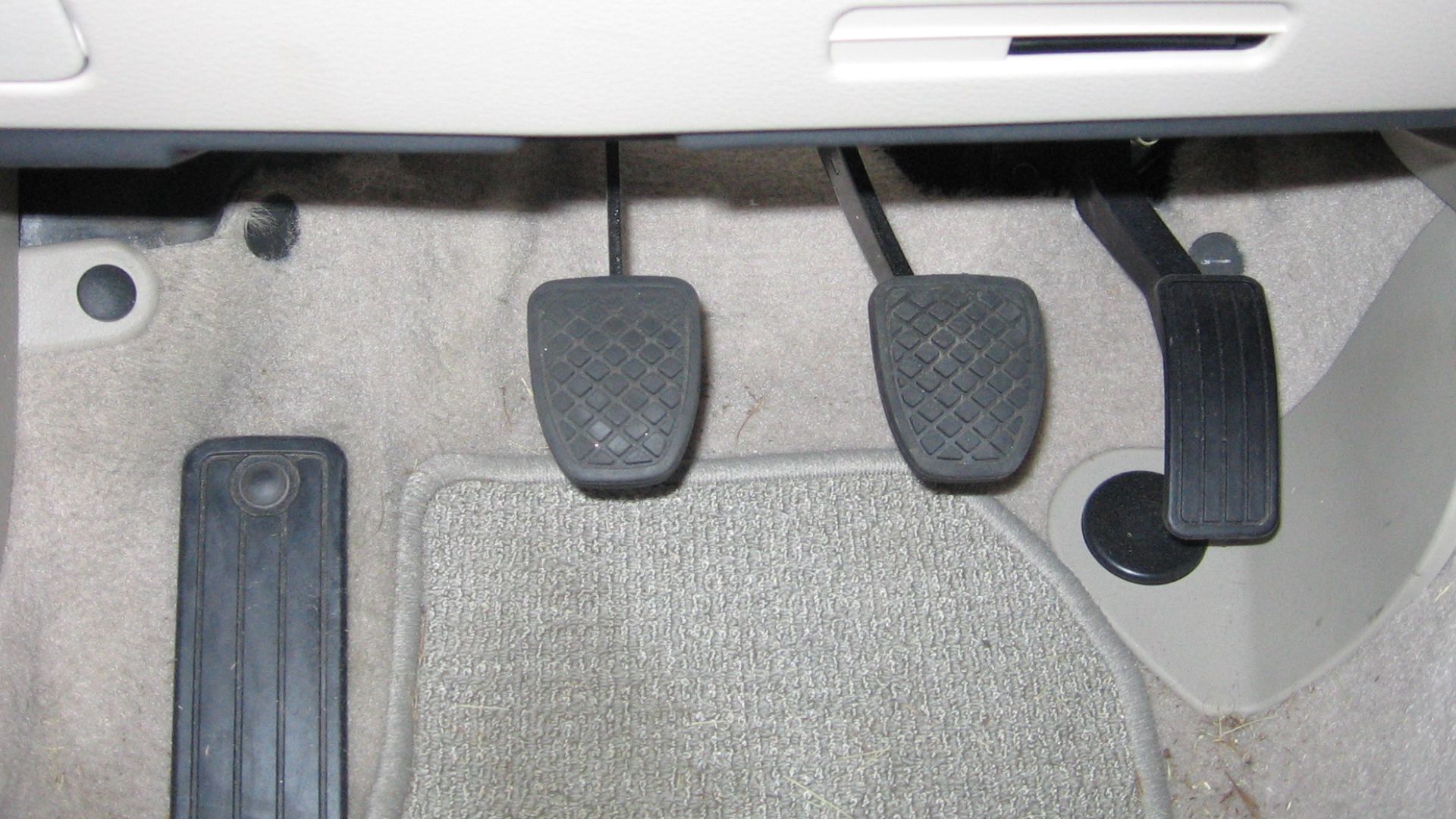 Tckma at English Wikipedia, Wikimedia Commons
Tckma at English Wikipedia, Wikimedia Commons
Overloading The Car
Your trunk isn’t meant to haul a ton of bricks—or a garage worth of stuff. Overloading strains the suspension, tires, and brakes. Mechanics often see sagging shocks and uneven tire wear from people treating their sedans like moving trucks.
 Photo By: Kaboompics.com, Pexels
Photo By: Kaboompics.com, Pexels
Ignoring Tire Pressure
Driving with underinflated or overinflated tires is a recipe for blowouts and poor fuel economy. Mechanics know tire pressure is one of the easiest things to check—yet one of the most ignored. A few seconds with a gauge can save you a roadside disaster.
Using The Wrong Fuel
If your car says premium, use premium. If it says regular, don’t waste money on premium thinking it’s “better.” Mechanics see costly engine damage from drivers putting the wrong stuff in their tanks. Always trust the manufacturer on this one.
Flooring It On A Cold Engine
Revving hard right after you start the car is a surefire way to shorten your engine’s life. Mechanics advise giving it a minute for the oil to circulate—especially in cold weather—before hitting the gas pedal like you’re in a race.
DIY Fixes Gone Wrong
YouTube makes everything look easy—but mechanics see the aftermath. Stripped bolts, cross-threaded screws, and duct-tape “repairs” cost more to fix than the original problem. If you’re not sure, call a pro before you turn a $50 issue into a $500 one.
Skipping Brake Fluid Changes
Brake fluid absorbs moisture over time, and when it’s neglected, your brakes lose their bite. Mechanics say it’s one of the most overlooked fluids, but it’s just as important as oil changes. Fresh fluid means safer stopping.
 ANECEPTIUS BAMBANG SUTOPO, Shutterstock
ANECEPTIUS BAMBANG SUTOPO, Shutterstock
Riding On Empty
Some drivers brag about running on fumes—but mechanics aren’t impressed. The fuel pump relies on gas for cooling and lubrication. Consistently running near empty can burn out the pump, leaving you stranded with a big repair bill.
Ignoring Strange Noises
That clunk, rattle, or squeal isn’t your car “being quirky.” Mechanics wish more people would take noises seriously. They’re your car’s way of screaming for attention, and waiting too long usually makes the repair bigger and more expensive.
Neglecting Air Filters
Engines need to breathe just like people do. A clogged air filter suffocates your engine, killing performance and fuel economy at the same time. Mechanics groan when they pull out a filter that looks more like a dust bunny than a car part. Swapping it out is cheap, quick, and keeps your ride running smoother than you’d expect.
Slamming Into Potholes
Think of potholes as little car traps waiting to pounce. Hitting them full speed can bend rims, knock your alignment out of whack, or even crack suspension parts. Mechanics see the carnage all the time—warped wheels, blown shocks, the works. Slowing down or steering around them is the easiest money-saver in the book.
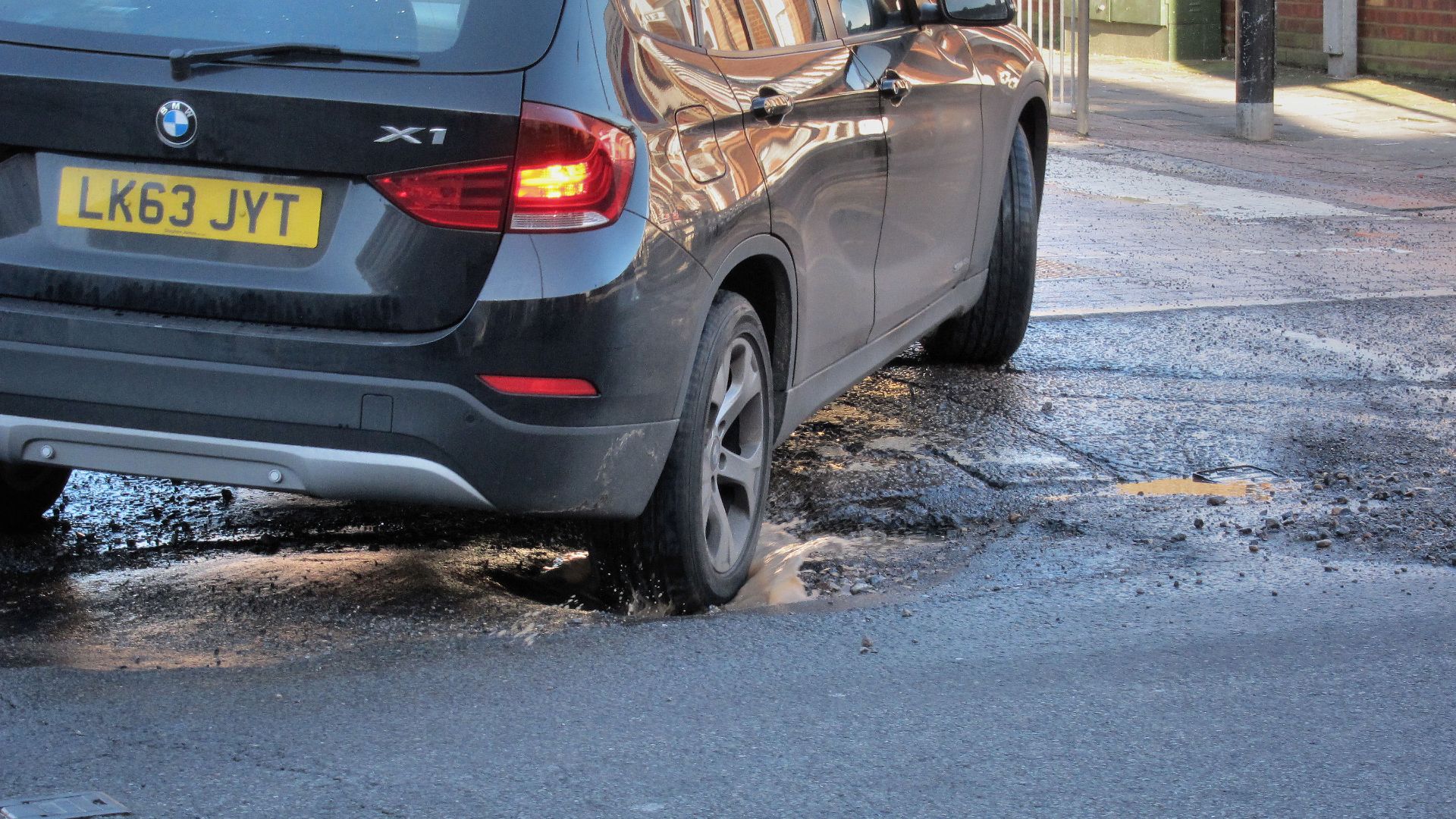 Alan Stanton, Wikimedia Commons
Alan Stanton, Wikimedia Commons
Skipping Coolant Flushes
Coolant isn’t a “set it and forget it” kind of thing. Over time it gets dirty, acidic, and starts eating away at radiators and engine parts. Mechanics see plenty of cars roll in steaming from overheats, all because the coolant hadn’t been changed in years. A flush here and there keeps your engine chill—literally.
 How to Quick Flush Your Cars Cooling System by ChrisFix
How to Quick Flush Your Cars Cooling System by ChrisFix
Riding The Clutch (Manuals)
For those still rocking stick shifts, here’s a PSA: stop resting your foot on the clutch pedal. Even a little pressure wears out the system prematurely. Mechanics constantly replace clutches that gave out early, not from age, but from bad habits. Keep your foot off unless you’re shifting—it’ll save you thousands.
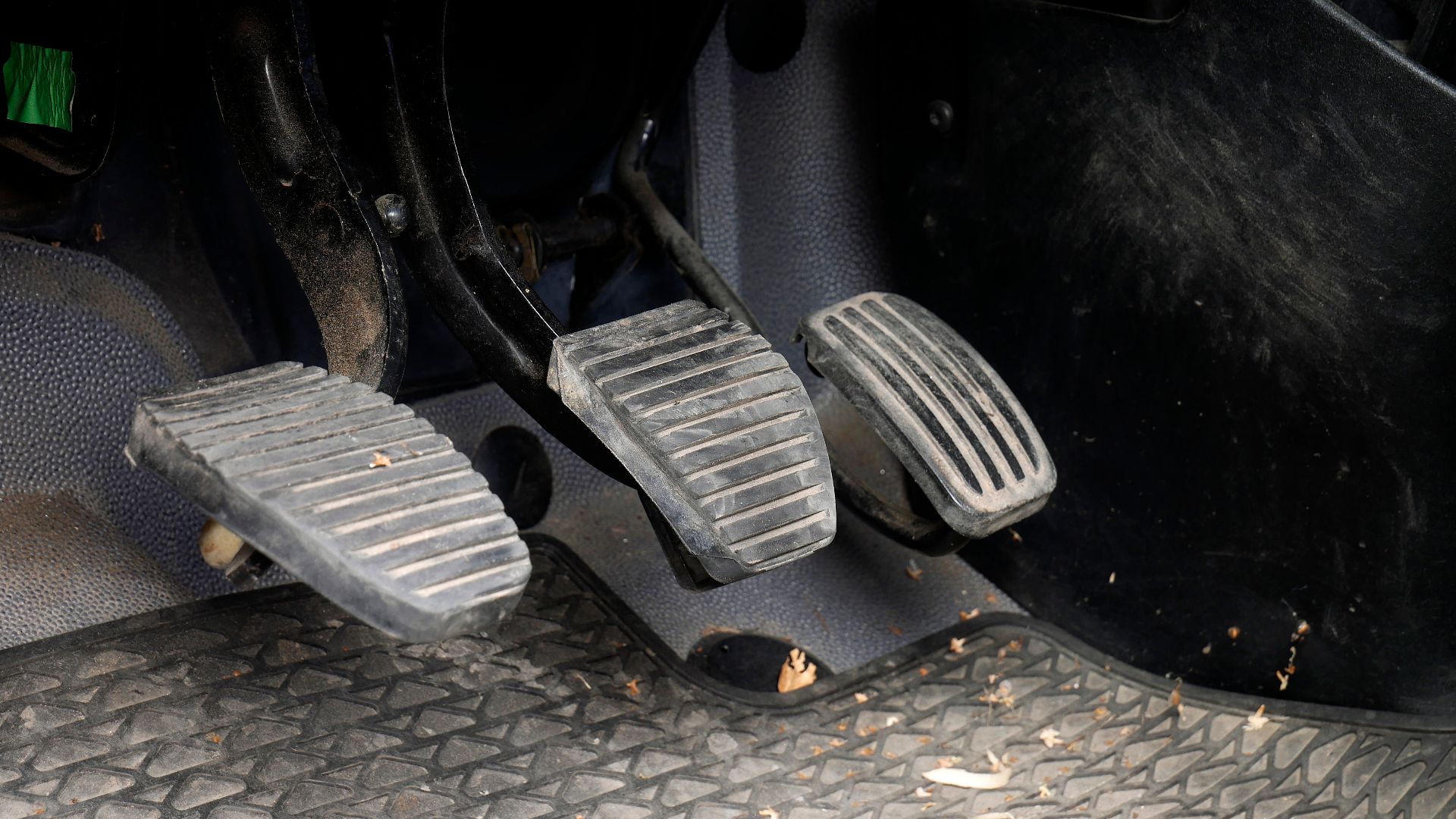 Santeri Viinamaki, Wikimedia Commons
Santeri Viinamaki, Wikimedia Commons
Overusing Additives
That bottle promising to “fix your engine” for $9.99? Yeah, mechanics aren’t buying it. Additives might occasionally help, but dumping them in every tank or oil change isn’t maintenance—it’s gambling. Real mechanics know nothing replaces regular service and quality parts. Save the money for actual repairs instead of snake oil.
 Dvortygirl, CC BY-SA 3.0, Wikimedia Commons
Dvortygirl, CC BY-SA 3.0, Wikimedia Commons
Not Washing The Car
It’s not just about keeping it shiny for the neighbors. Road salt, dirt, and grime slowly chew through your paint and metal until rust takes over. Mechanics see too many solid cars ruined by corrosion that started small. A quick wash now and then really does make a difference in keeping your car healthy.
Skipping Alignment Checks
If your car is pulling to one side or your steering wheel looks crooked, that’s not “just how it drives.” It’s your alignment screaming for help. Mechanics see tires chewed bald on one edge while the rest looks brand-new. Regular checks keep your handling tight and your tires lasting way longer.
Ignoring Transmission Service
The transmission is the unsung hero of your car—but it’s also expensive to replace. Ignoring fluid changes means your gears are grinding through old, burnt fluid. Mechanics see cars come in with a “slip” that could’ve been prevented with a simple service. Treat the transmission with the same care as your engine.
Lugging The Engine
Driving too slow in a high gear makes your engine strain like it’s lifting weights it can’t handle. Mechanics call it “lugging,” and it’s brutal on your engine parts. If you’re in a manual, downshift. If you’re in an automatic, give it some gas. Engines prefer smooth work—not punishment.
Resting Your Hand On The Shifter
It feels natural to leave your hand on the gear shifter, but mechanics will tell you it’s bad news. That extra pressure wears down internal transmission parts. They’ve replaced too many components thanks to this sneaky little habit. Hands on the wheel, not the shifter, keeps your transmission happier.
Skipping Spark Plug Changes
Spark plugs may be small, but they’re mighty. Old plugs cause misfires, rough starts, and even kill your fuel economy. Mechanics are amazed how often people drive around with plugs that should’ve been changed years ago. It’s a cheap fix that makes a car feel new again—don’t put it off.
 Spark Plug Replacement DIY (the ULTIMATE Guide) by ChrisFix
Spark Plug Replacement DIY (the ULTIMATE Guide) by ChrisFix
Over-Tightening Bolts
DIYers, take it easy on the wrench. Cranking bolts until they can’t turn anymore leads to stripped threads, broken studs, and headaches for the mechanic who has to fix it. Torque specs exist for a reason. Mechanics would love if more drivers treated bolts like precision, not a wrestling match.
Ignoring Warning Smells
Cars talk through smells just as much as noises. Burning rubber, raw gas, or a sweet maple-syrup odor aren’t things to brush off. Mechanics know those scents usually mean leaks or serious issues. Catching them early prevents your “quirky smell” from turning into a breakdown.
Cheap Wiper Blades
Rainy day visibility isn’t the place to cut corners. Mechanics hear countless stories of people barely able to see because their bargain wipers smear instead of swipe. It’s a cheap upgrade that makes a big difference—and one of the easiest safety moves you can make.
Topping Off Old Oil
Adding new oil to old sludge is like pouring fresh juice into spoiled milk. Mechanics pull dipsticks that look like tar and know the owner’s been topping off instead of changing it. That habit kills engines faster than you’d think. Do a real oil change—your car deserves better.
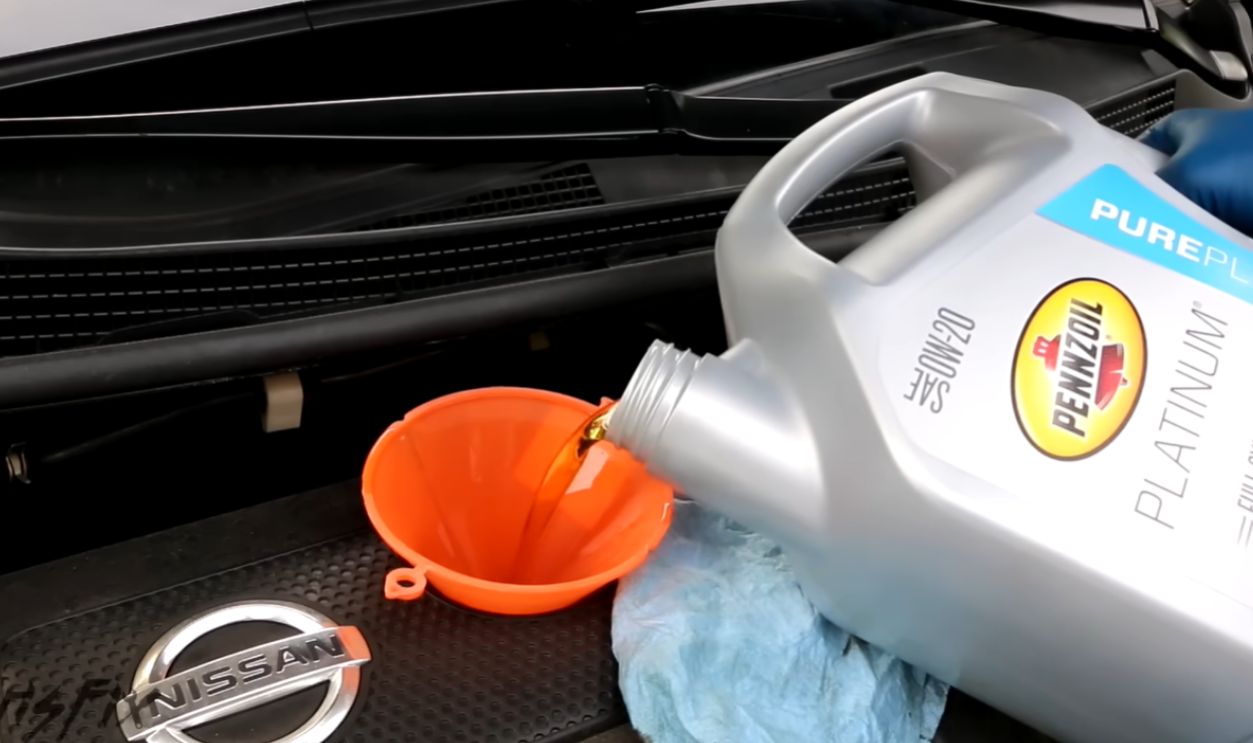 How to Change Your Oil (COMPLETE Guide), ChrisFix
How to Change Your Oil (COMPLETE Guide), ChrisFix
Using Mismatched Tires
Throwing on any old spare to “get by” isn’t harmless. Mismatched tires mess with handling, suspension, and especially all-wheel drive systems. Mechanics see expensive differential damage all the time from this shortcut. Replacing tires in pairs—or ideally all four—keeps things rolling safely and smoothly.
Ignoring Battery Corrosion
Those fuzzy blue and white crystals around your battery terminals? They’re not decoration. Corrosion can stop your car from starting altogether. Mechanics see cars towed in for “dead batteries” that just needed a cleaning. A few minutes of maintenance saves a roadside surprise.
Flooring It Over Speed Bumps
Speed bumps aren’t launch ramps, but you’d be surprised how many drivers treat them that way. Mechanics replace dented exhausts and broken suspension parts from drivers who refuse to slow down. Hitting them gently saves your car’s underbelly.
Forgetting To Torque Lug Nuts
After tire changes, tightening lug nuts “by feel” isn’t good enough. Mechanics see warped rotors and even wheels come loose on the highway. Using the right torque keeps your wheels on straight—and keeps you safe.
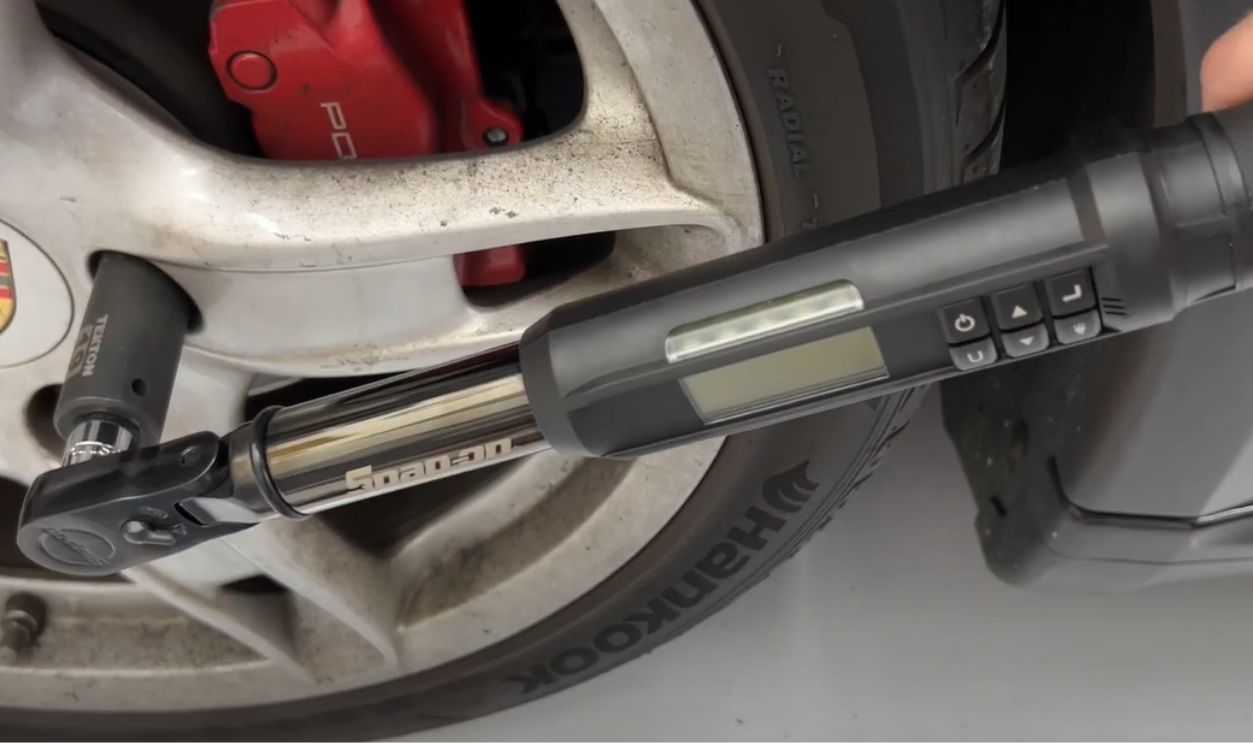 Snap-On Electric Torque Wrench | Tool of the Week, Help Me DIY
Snap-On Electric Torque Wrench | Tool of the Week, Help Me DIY
Delaying Timing Belt Replacement
A ticking time bomb under the hood, the timing belt is one part you can’t ignore. Mechanics see total engine destruction when a belt snaps—it’s a catastrophic failure. Manufacturers give replacement intervals for a reason. Waiting too long is one of the most expensive gambles a driver can take.
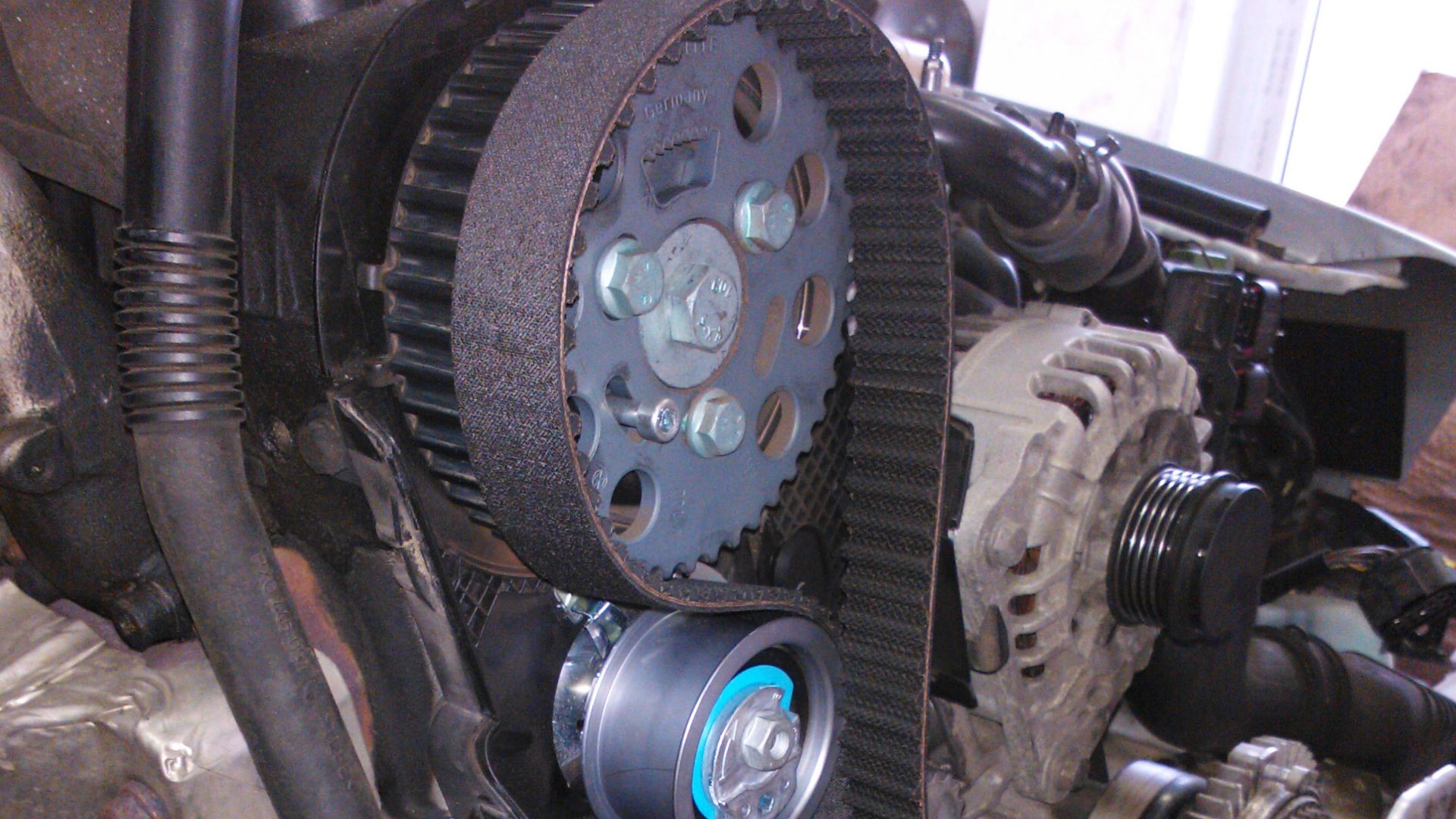 Petar Milosevic, Wikimedia Commons
Petar Milosevic, Wikimedia Commons
You Might Also Like:
DIY Car Repairs That Will Probably Just Wreck Your Vehicle

